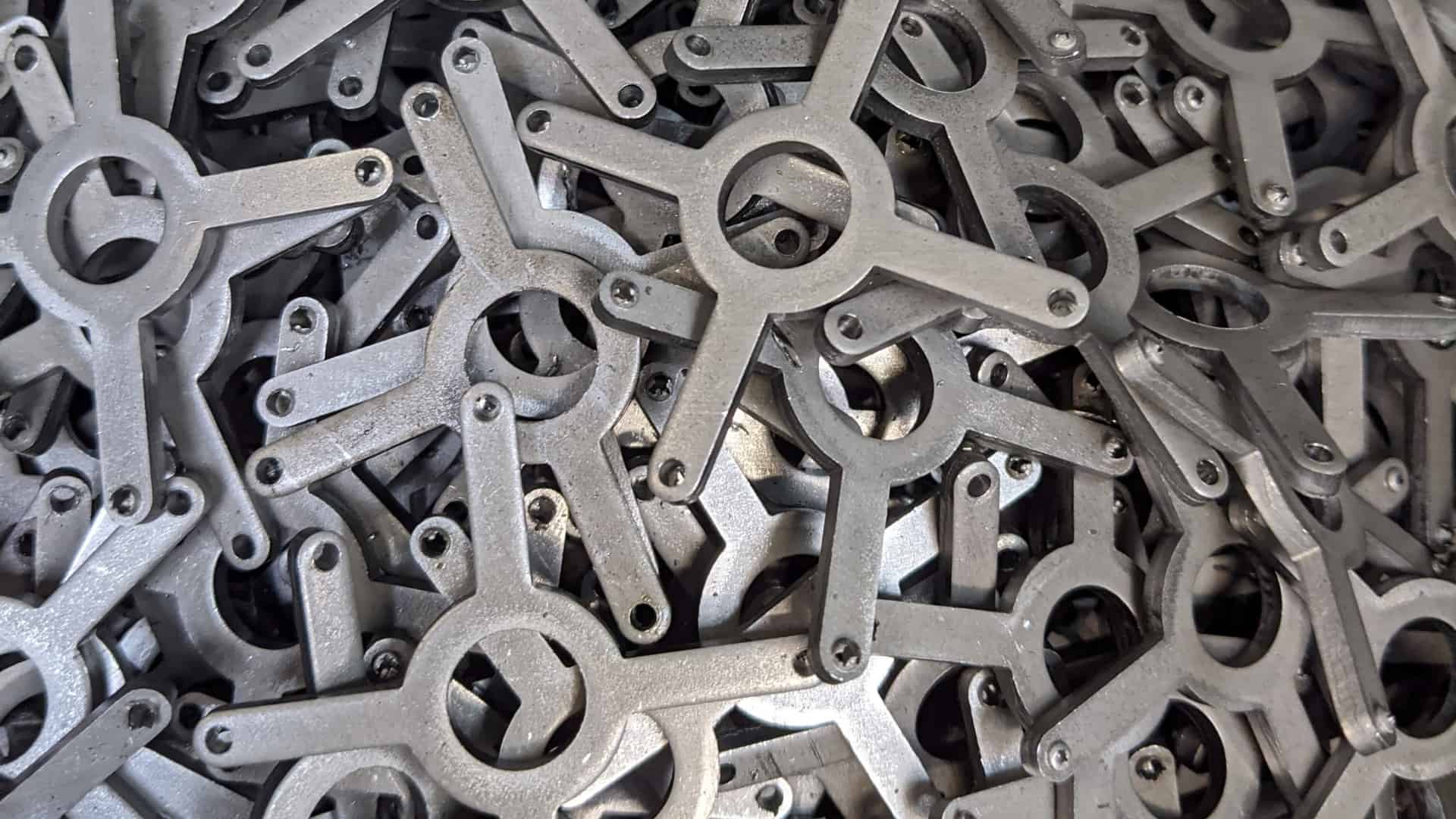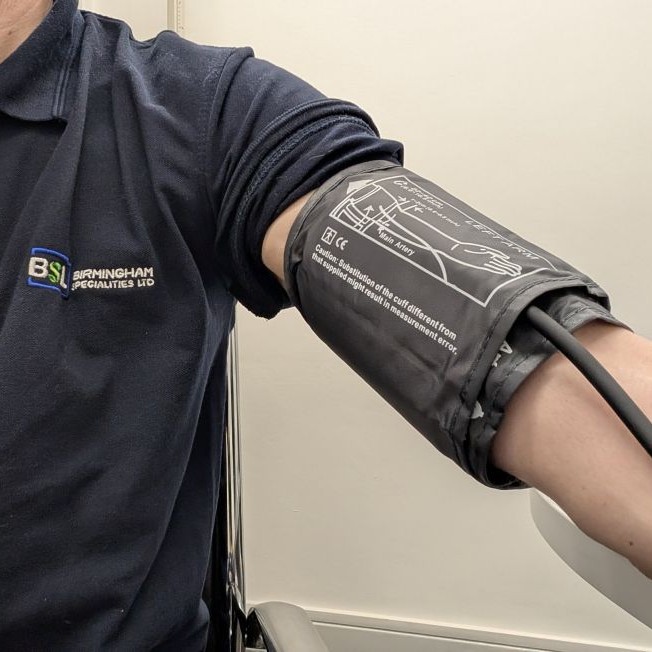What Is Press Forming?
15th April 2023
Introduction
Modern manufacturing relies heavily on press forming. But what exactly is press forming, and where does press forming fit into the manufacturing industry? As a leading UK-based manufacturer, we will break down all the details below, starting with the basics:
What is Press Forming?
Press forming is a manufacturing process that involves shaping sheet metal by applying pressure to them using a press. The process is commonly used to create complex shapes, such as car body panels, aerospace components, and electronic enclosures.
Press forming typically involves placing a sheet of metal or other material between two dies in a press. The dies are designed to match the desired shape of the final product, and the press applies enough force to the material to deform it into the shape of the dies.
There are many different types of press forming, including deep drawing, which involves pulling a flat sheet of material into a deep, three-dimensional shape, and hydroforming, which uses pressurized fluid to form the material into a desired shape. The specific process used depends on the material being formed and the complexity of the desired shape.
What is a Press?
Also known as a Power Press, it uses tools to form a workpiece under high pressure. Power Presses can use computers to control feed rate, speed, location, and coordination, ensuring accuracy, speed, efficiency, safety and cost savings.
What are the Benefits of Press Forming?
High Precision
Press forming can achieve high levels of precision and accuracy, which is essential for creating complex shapes and parts that require tight tolerances. The process can produce parts with consistent dimensions and shapes, ensuring high-quality products.
High Volume
Press forming can be a cost-effective manufacturing process, especially for high-volume production runs. It can produce parts quickly and efficiently, reducing labour costs and improving cycle times.
Versatility
Depending on the properties needed for your product, you can choose from a range of metals and alloys, including stainless steel, aluminium, copper, and bronze and create parts with different thicknesses and shapes, depending on the needs of the application.
Strength
Press-formed parts can have high strength-to-weight ratios, making them ideal for applications that require strong, lightweight components.


How Can Birmingham Specialities Help?
- This is where we come into play. We have a talented and passionate workforce who boast decades of experience in Press Forming, Stamping and Assemblies.
- We know how to position specialised equipment to cater for larger and heavier parts, how to minimise waste, how to avoid stress-related distortions or abnormalities, and most importantly, how to rectify problems quickly and efficiently.
- This gives our clients the confidence that they will consistently receive a high quality end product, which is fit for purpose in the sorts of secondary manufacturing desired.
Get a Quote Today!
We can provide you with a quote and lead time based on your specific requirements, and we always enjoy the opportunity to assist.
Or contact us at:





